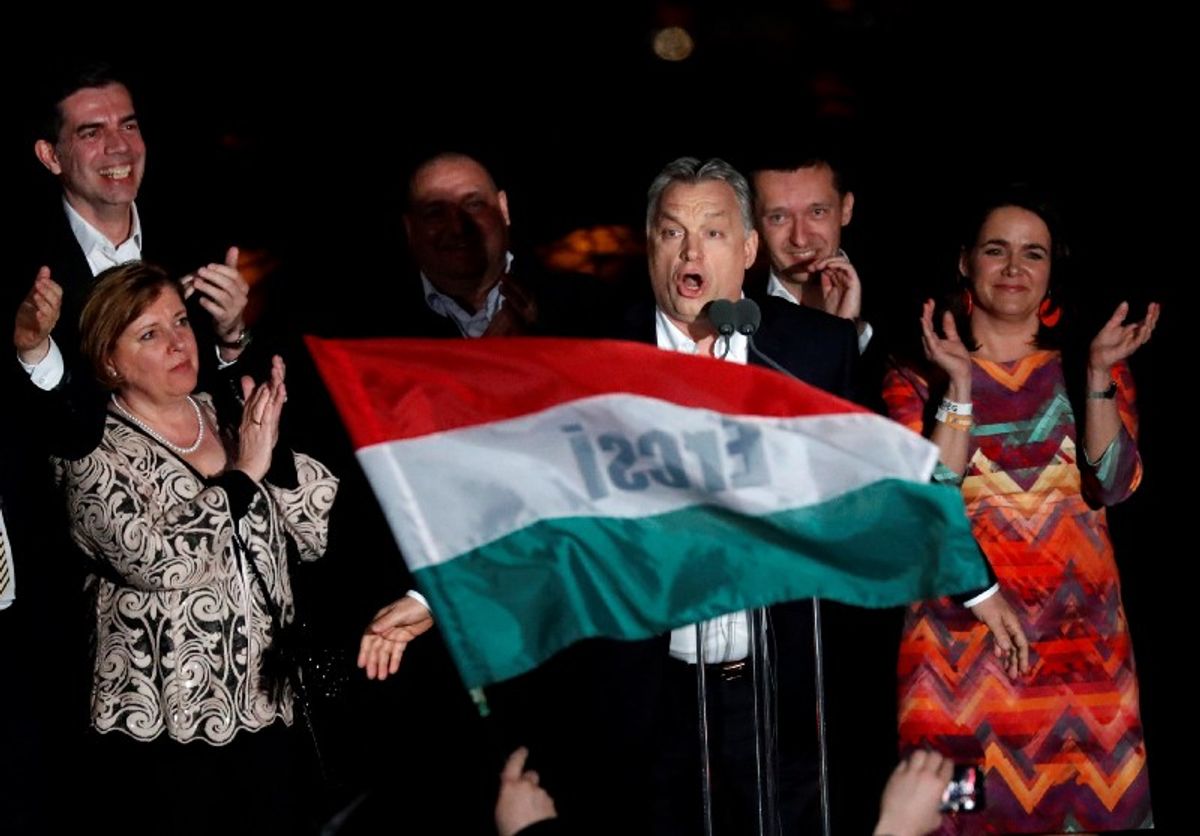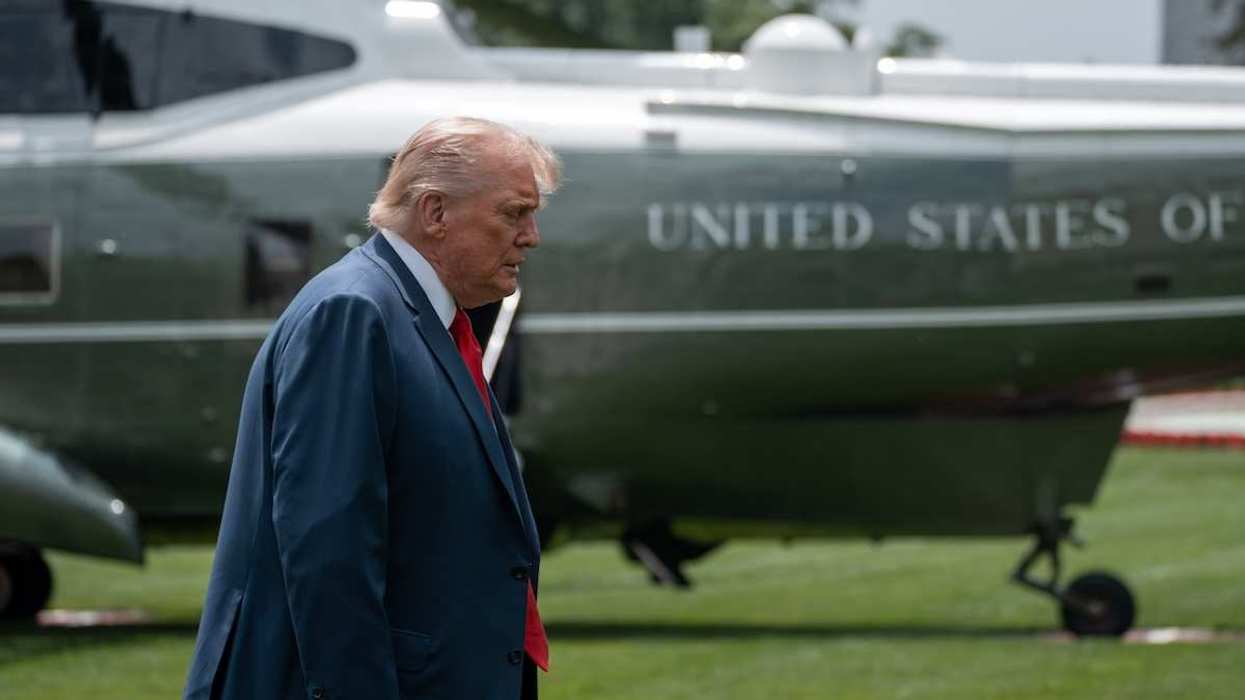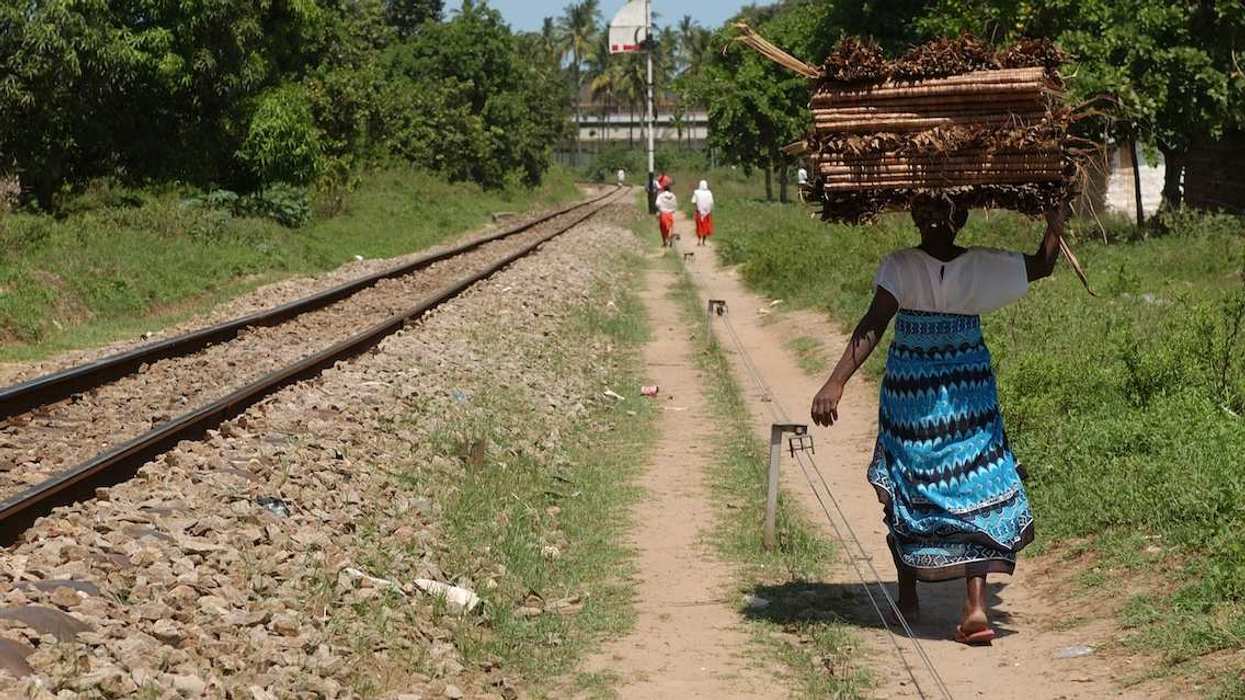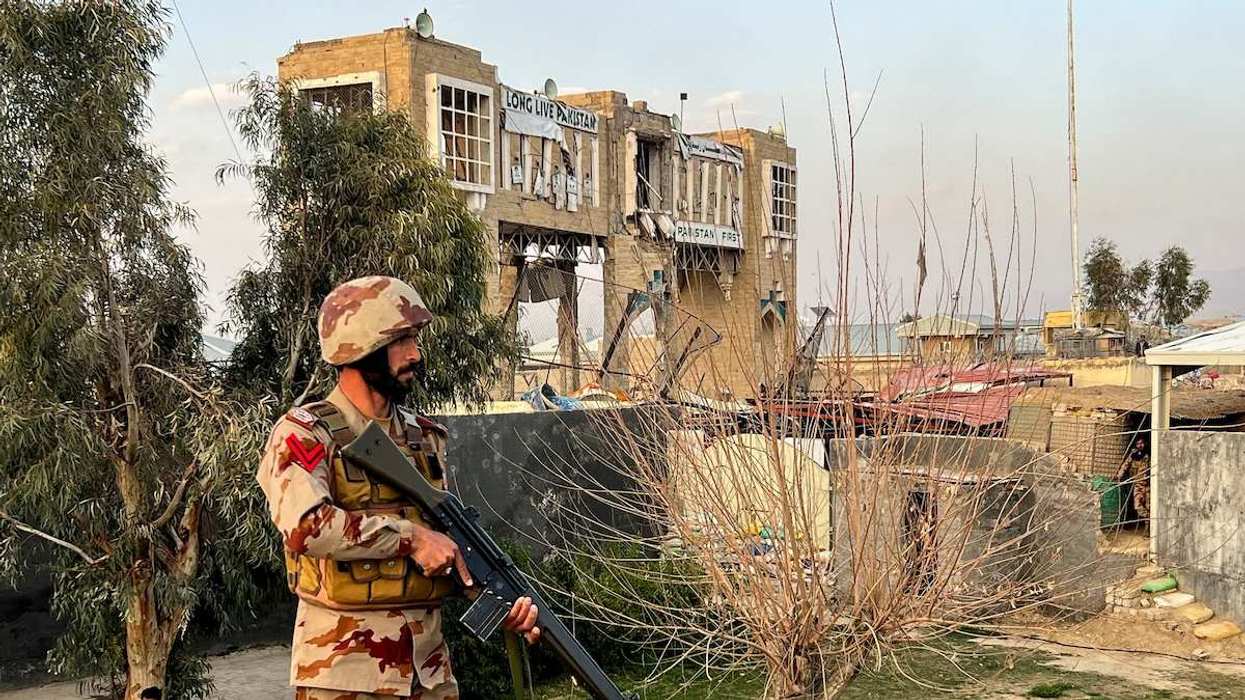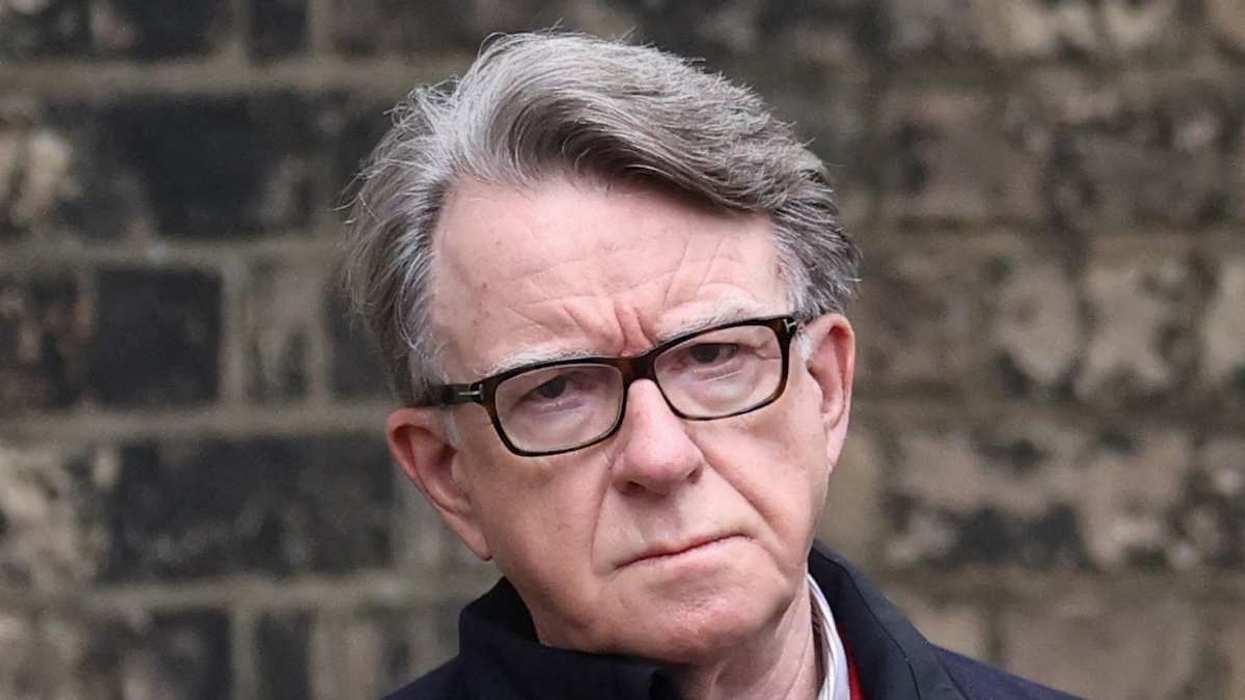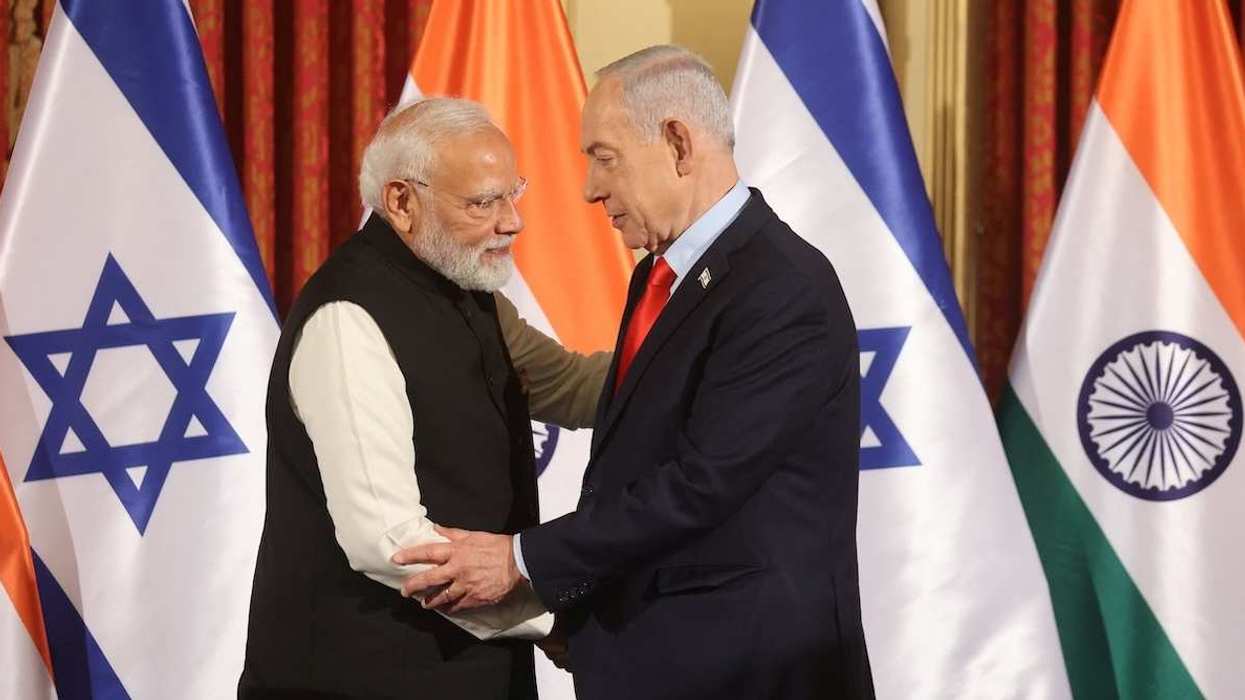Hungary’s Prime Minister Viktor Orban, whose “illiberal” political project we told you about last week, achieved a resounding victory over the weekend, with his Fidesz party winning a two-thirds supermajority in parliamentary elections.
That two-thirds threshold is critical, because it means that Orban is now in a position to make changes to Hungary’s constitution that could pitch the country more decisively in an authoritarian direction. Expect to see changes to assert more control over the courts and civil society.
All of this means that Budapest and Brussels are set for a big showdown sooner rather than later. Orban has already refused to comply with EU policies on accepting a small number of humanitarian refugees from North Africa and Syria. His constitutional changes will clash more openly with EU rule of law and civil society norms.
What’s Brussels to do? Nothing is one option. But that would undermine the authority of EU rules that every member state willingly signed up for when they joined the union. Brussels can, instead, propose internal sanctions on Budapest that would suspend voting rights and other privileges — but those require unanimity among all EU member states which Poland’s government, which is ideologically aligned with Orban’s, would scuttle.
There is, of course, the prospect of the EU cutting its lavish funding for Hungary. That money has helped to fuel the country’s recent economic boom and enabled Orban to throw money at important rural constituencies. Whether such action would chasten or inflame Mr. Orban’s illiberal impulses is a critical open question for Europe.
